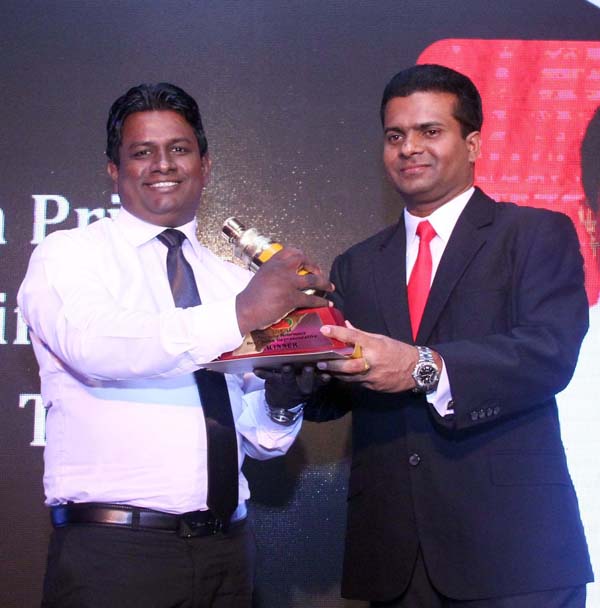FAO AND THE EUROPEAN UNION BUILDING CAPACITY IN THE FISHERIES SECTOR
The Food and Agriculture Organization of the United Nations (FAO) has organised a series of trainings at district level for Fisheries Inspectors of the Department of Fisheries and Aquatic Resources Development (DFAR). This comes in a backdrop where long line fishing, a relatively new fishing method to the Eastern Province is being introduced. The trainings were carried out with funds from the European Union Support to District Development Programme (EU-SDDP). With a total financial envelope of EUR 60 million, EU-SDDP aims at supporting the Government of Sri Lanka’s thrust for economic and social development in 7 conflict-affected districts.
Under the programme, FAO has commenced inducting selected fishers to long line fishing. This is an environmentally friendly fishing method that is expected to yield good quality fish for local and international markets. Long line fishing, a technique that uses lines with baited hooks as fishing gear, existed in the Sri Lankan fisheries sector since the late 1950’s. However the required technology and inputs for long line fishing were not transferred to fishers in the Eastern Province due to the civil conflict. The fishing method is therefore relatively new not only to fisher communities but to fisheries officials in the province.
Speaking about the project, Ms. Libuse Soukupova, Head of Cooperation for the Delegation of the European Union said “Supporting the fisheries industry in Sri Lanka is important and has a threefold impact. There is not only a contribution to the economic empowerment of this vulnerable community but also seen is a positive impact on food security and nutrition. In this regard the EU values the partnership formed between the FAO and DFAR to assist the Sri Lankan fisher communities”.
The theoretical and practical trainings provided to 25 Fisheries Inspectors and Assistants attached to the Ampara District Office of the DFAR were focused on the key components of long line fishing; the use of long lines, preparation of fishing gear, the use of technological devices such as Fish Finder and Global Positioning Systems (GPS) and chart readings. The need to promote responsible marine fisheries at a time when impacts of hazardous fishing methods and the over exploitation of marine resources are rife, were also discussed extensively at the sessions conducted by resource personnel from the Ocean University of Sri Lanka. The training in Ampara follows a series of similar trainings held for Fisheries Inspectors of the Batticaloa district and in both instances, the training on GPS and Fish Finder operations were conducted in the seas off Navalady.
Mr. M.I. Sampath, Fisheries Inspector of the DFAR (Ampara District) commenting on the trainings said, “The main concern for the fishers is that their efforts do not yield a sufficient catch. This is mainly because they cannot identify areas where fish activity takes place. There have been many instances when fishers make inquiries on how to use GPS but we have been unable to provide sound advice. The trainings we receive on Fish Finder and GPS is invaluable and would help us to better serve the fishers.”
The knowledge and expertise harvested on long line fishing by the Fisheries Inspectors would be transferred to the fishers through future trainings, technical support and necessary follow up actions.
“Long line fishing is being introduced to improve the livelihoods of rural fishers through production increase and diversification,” stated Kapila Wickramasinghe, FAO SDDP Regional Project Coordinator (Eastern Province) “50 fishers from 20 Rural Fisheries Organizations in the Batticaloa district have been selected while the selection of fishers for long line fishing is currently underway in Ampara. These fishers together with Fisheries Inspectors will eventually form a resource pool; disseminating technology and expertise to expand long line fishing and revitalize marine capture fisheries in the East”.


